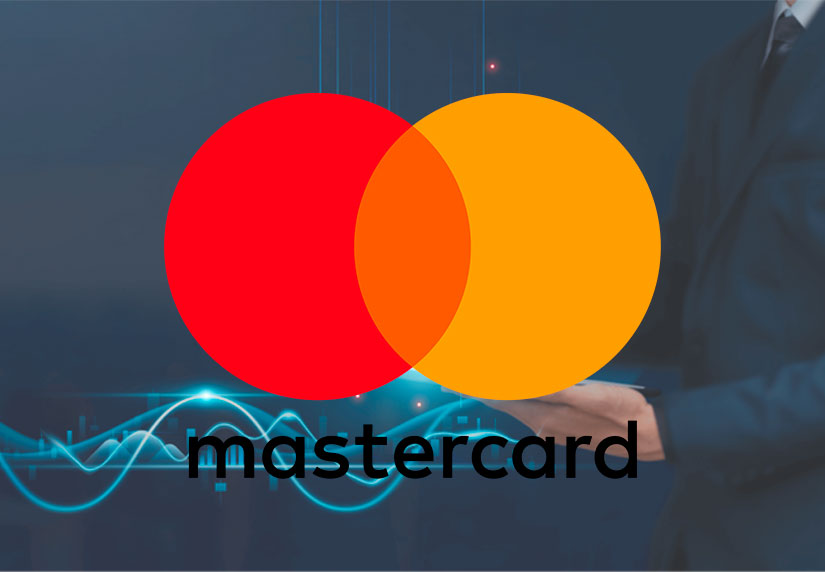TL;DR
- 30% Transactions Tokenized: In 2024, Mastercard successfully tokenized 30% of its transactions, enhancing security and reducing fraud risks.
- Blockchain Commitment: The company is making significant strides in blockchain technology and digital assets, partnering with industry players to enable seamless crypto transactions.
- Facing Competition: Mastercard acknowledges the rising competition from stablecoins and cryptocurrencies, aiming to stay ahead with innovative payment solutions.
Mastercard’s recent announcement that 30% of its transactions in 2024 were tokenized represents a remarkable achievement in the company’s ongoing mission to bolster security and streamline the efficiency of digital payment processes.
This milestone underscores Mastercard’s unwavering commitment to staying at the forefront of payment technology, ensuring its customers can transact with confidence and peace of mind.
Tokenization replaces sensitive card information with a unique digital identifier, or token, reducing the risk of fraud and data breaches. This innovative approach has been instrumental in improving the overall security of Mastercard’s payment ecosystem.
Embracing Blockchain and Digital Assets
Mastercard’s commitment to blockchain technology and digital assets is evident in its recent U.S. Securities and Exchange Commission (SEC) filing. The company emphasized its advancements in creating payment models based on blockchain technology and enhancing the accessibility of digital currencies.
Mastercard has collaborated with various industry players to enable crypto purchases and seamless card payments using digital assets. This move underscores the company’s dedication to supporting blockchain ecosystems and digital currencies while maintaining strict risk management practices.
Competition with Stablecoins and Cryptocurrencies

Mastercard has acknowledged the growing competition posed by stablecoins and other cryptocurrencies in the payments sector. Digital currencies offer greater efficiency, accessibility, and immutability, making them attractive alternatives to traditional financial services.
Stablecoins, in particular, have gained traction as regulatory discussions advance in the U.S. Lawmakers French Hill and Bryan Steil recently proposed a stablecoin regulatory framework, aiming to solidify the U.S. dollar’s dominance in global markets.
Financial Performance and Future Prospects
Beyond its advancements in blockchain, Mastercard reported $28.2 billion in net revenue for 2024, reflecting a 12% year-over-year increase. The company’s adoption of tokenization and blockchain technology marks a significant move towards a payment ecosystem that is more decentralized and integrated with cryptocurrency.
As digital assets continue to reshape global finance, Mastercard’s efforts to innovate the payments ecosystem position it as a leader in the evolving world of digital payments. Mastercard’s successful tokenization of 30% of its transactions in 2024 highlights the company’s commitment to enhancing digital payment security and embracing blockchain technology.
As the competition with stablecoins and cryptocurrencies intensifies, Mastercard’s innovative approach ensures it remains at the forefront of the digital payments industry.


